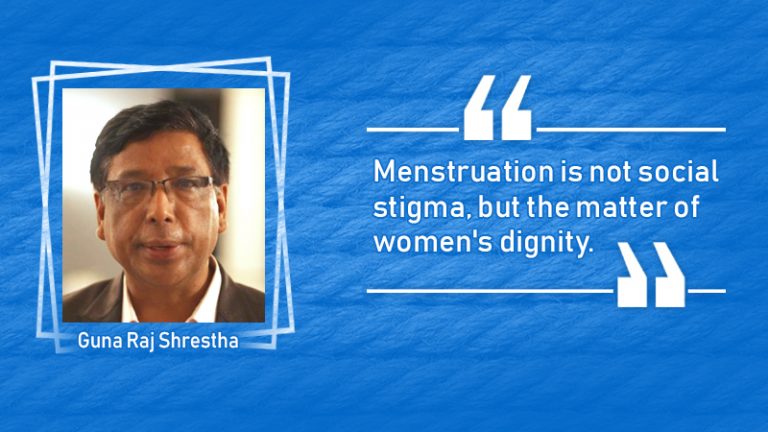
20 June 2019, Kathmandu
Menstruation simply signals a girl’s entrance into womanhood, sexual activity and reproduction process. The adolescent period is crucial time for each girl to learn about the changes in their bodies and health. Though menstruation is understood as the regular discharge of blood from inner lining of the uterus through vagina, it is somehow associated to the psychological phenomenon that influences the variety of physical sensations and emotional shifts that one may experience for several days of menstrual flow. Thus, menstrual health and hygiene management is closely related to one another. Ensuring proper hygiene particularly during the menstrual period as well as eating right is the key to ease the pain. As menstruation is one of the vital natural processes, each girl and women should follow proper hygiene management steps in order to make healthy and happy period.
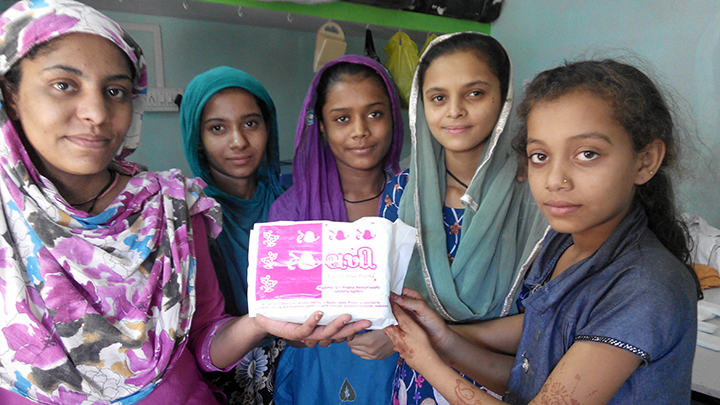
However, in Nepal, menstruation still exists as the matter of shame and social stigma which is fostering the practice of banishing menstruating women. Due to the lack of education and the prevalence of superstition, many girls and women’s particularly in rural areas are compelled to live away from the home or in the ‘Chau shed’. Relating to this, Chaupadi is still there in the western part of Nepal associated with the menstrual taboo. Despite the fact that Government of Nepal has banned Chaupadi in 2005 mentioning that forcing a menstruating woman into shed is illegal, poor social practices are still being carried out. Many girls especially in village area, due to the lack of access to sanitary pads, are compelled to skip their school days during the menstrual period. Institute for Social and Environmental Research-Nepal argued that menstruation may be causing girls to miss a significant 20 percent of school days due to menstruation. Similarly, according to the report on Analysis of menstrual hygiene practices in Nepal carried by UNICEF in 2016 stated that many girls are missing their school days during their periods. Regarding menstrual hygiene and management, another study carried by the Water Aid in 2009 highlighted the needs of adolescent to have accurate and adequate information about menstruation and its appropriate management.
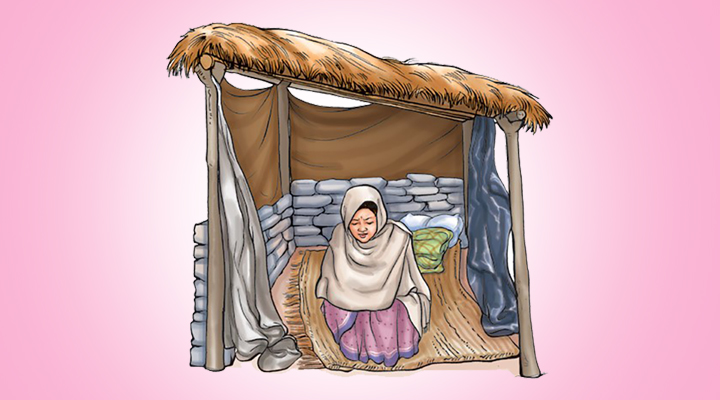
Taking into account the challenges faced by the girls during their periods in school, another significant step has been taken by the government by deciding to distribute free sanitary pads for female students attending public schools as mentioned in the budget through the fiscal year 2019/20 presented by finance Minister of Nepal Yuba Raj Khatiwada. Nepal has just celebrated Menstrual Hygiene Day 2019 with theme “It’s time for Action.” It is also inspiring to see men coming to the forefront breaking the taboos by actively involved in an open discourse regarding menstrual health and hygiene management. According to Gunaraj Shrestha, National Coordinator of Menstrual Hygiene Management Practitioners Alliance (MHMPA), menstruation has been viewed as biological process relating to reproductive health only, but it has to be seen with the matter of women’s dignity. For this, alliance has been working coordinating with different INGO’s and NGO’s to gain political attention for dignified menstrual hygiene management. Shrestha further added that along with many entities including media and influencers has formed an MHM Alliance to support to the government in policy formulation and strategic programs on MHM. He added that the Alliance has also working to include MHM as specific chapters in the school curriculum as education is the only boon through which menstrual stigma will be vanished.
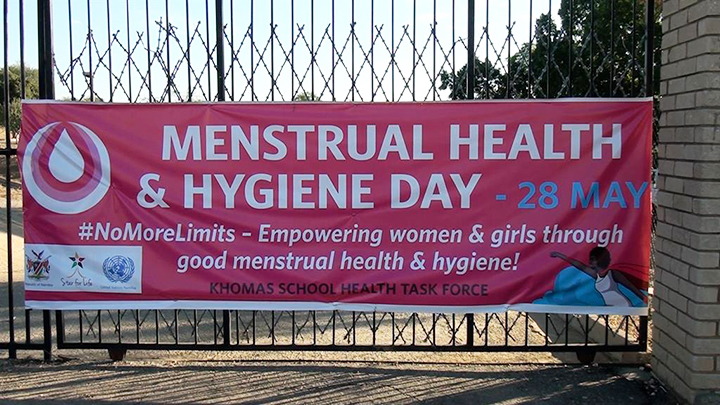
Along with this, many INGO’s and NGO’s are working cooperating with local community. DCA has been working as an active member of Menstrual Hygiene Management Practitioners Alliance (MHMPA). Bibek balla, Hygiene Promotion Officer of the project, said that DCA through its WASH Recovery project targeted four components regarding Menstrual Hygiene Management (MHM). These components widely encompass awareness about menstruation, trainings on menstrual hygiene management, proper use and disposal of sanitary pads and wide discussion with local community breaking the menstrual taboo. Balla further added that the project is promoting making of handmade pads using locally available materials including males to openly discuss on MHM through the use of picture based tools. Though, community is still not came with the practice of disclosing menstrual issues, however, significant changes have been occurring through the project, by creating a platform to speak freely about menstruation, he further added.
Similarly, Rojeena Manandhar, Hygiene Promotion officer, Action Nepal said, regarding the MHM, cultural practices is the main cause. Manandhar further added that menstrual taboo is not taken as a serious matter particularly in ethnic community though the situation is vice versa in Brahmin community.
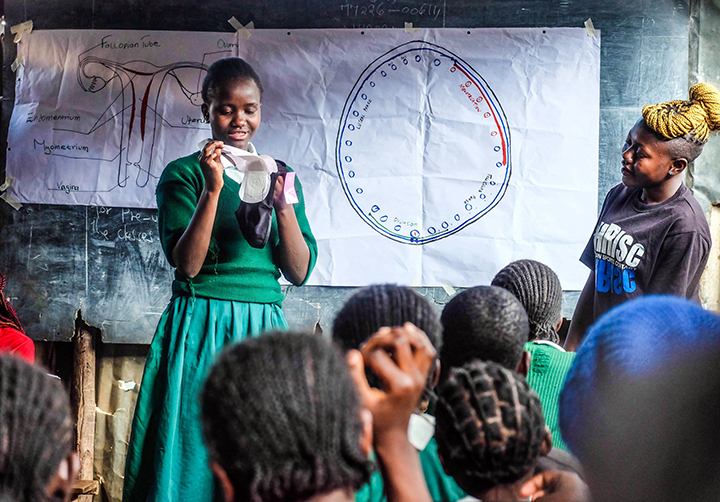
As a whole, massive awareness campaigns should be organized against the misconception or malpractice ‘Chaupadi’ that extremely violates girls and women’s sexual and reproductive health rights. Menstruation should be taken as the most normal thing ever. Moreover, menstrual hygiene management should be made a pertinent issue associating to girls and woman’s empowerment and social justice. To cope up with this, even men should be involved to change their mindset towards menstruation as a social stigma.










